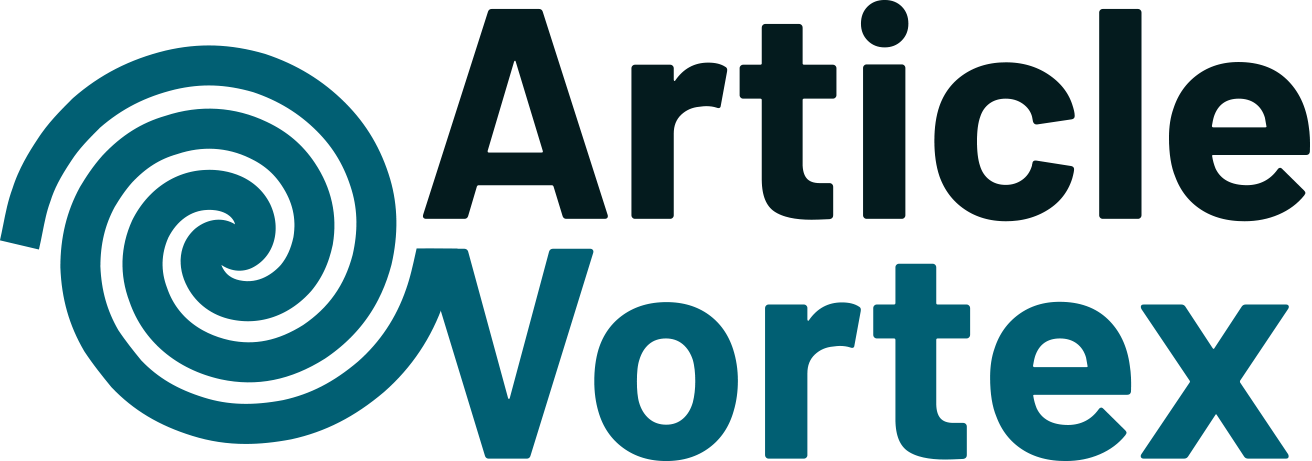Why ADHD Often Goes Undiagnosed in Adults
Attention-Deficit/Hyperactivity Disorder (ADHD) is commonly associated with children, but a growing number of adults are discovering that their lifelong struggles with focus, organization, or impulsivity may be related to undiagnosed ADHD. In many cases, symptoms were either overlooked during childhood or misattributed to personality traits or other conditions. As a result, adults may go decades without a formal diagnosis, even though the disorder can significantly affect their daily lives and overall well-being.
Adults with ADHD often experience challenges such as:
- Difficulty managing time effectively
- Trouble completing tasks or following through on responsibilities
- Frequent disorganization in work or home life
- Impulsive decision-making that leads to personal or professional setbacks
These symptoms can interfere with relationships, job performance, financial management, and mental health. Understanding the signs and seeking testing for ADHD as an adult can be a pivotal step toward gaining clarity and finding effective strategies for support.
What ADHD Testing for Adults Involves
ADHD testing for adults is a comprehensive process that involves multiple steps and tools to ensure an accurate diagnosis. Unlike some other medical conditions, there is no single test that can confirm ADHD. Instead, the evaluation typically includes a combination of methods to assess behavior, cognitive function, and history.
Components of adult ADHD testing may include:
- Clinical interviews to explore symptoms, personal history, and current challenges
- Self-reported questionnaires and behavior checklists
- Input from family members, partners, or close friends who can provide additional insight
- Psychological testing to rule out other conditions or co-occurring disorders
Each assessment is tailored to the individual, often conducted by mental health professionals such as psychologists, psychiatrists, or neurologists with experience in ADHD. The ultimate goal is to develop a complete picture of the individual’s functioning and determine whether ADHD is a contributing factor.
Preparing for an ADHD Evaluation
Before undergoing ADHD testing, it’s helpful to prepare by gathering relevant information and reflecting on your experiences. This can make the evaluation process more effective and provide the clinician with a clearer understanding of your situation.
Consider preparing the following:
- A list of symptoms or behaviors that have been problematic throughout your life
- Details about your childhood, including school performance and social interactions
- Information about your current work, relationships, and daily functioning
- Any previous diagnoses or treatments related to mental health
It’s also worth noting any family history of ADHD, as genetics can play a significant role. Being honest and thorough during the evaluation increases the likelihood of receiving an accurate diagnosis and helpful recommendations.
What Happens After a Diagnosis
Receiving a diagnosis of ADHD as an adult can be both validating and overwhelming. It often brings a sense of relief to understand the root cause of long-standing struggles, but it also raises new questions about next steps. Fortunately, a variety of treatment options and support strategies are available to help manage symptoms and improve quality of life.
Common approaches include:
- Cognitive-behavioral therapy (CBT) tailored for ADHD
- Medication prescribed by a qualified healthcare provider
- Coaching or skills training to build better routines and habits
- Support groups or peer networks for shared experiences and encouragement
The right combination of support depends on individual needs, preferences, and any co-existing conditions. Many adults find that with the right tools and guidance, they can make meaningful improvements in focus, organization, and emotional regulation.
The Importance of Seeking Help
If you suspect that you may have ADHD, pursuing testing is a worthwhile investment in your mental and emotional health. Living with undiagnosed ADHD can lead to unnecessary stress, frustration, and missed opportunities. On the other hand, gaining a diagnosis can open the door to effective interventions that improve both personal and professional outcomes.
While the process may seem daunting, many adults report feeling empowered after completing an ADHD evaluation. By taking the step to seek clarity, individuals are better positioned to make informed decisions about treatment and lifestyle changes. Whether you’ve struggled with ADHD symptoms for years or only recently started to question your experiences, remember that support is available and you’re not alone in your journey.
Conclusion: Taking Charge of Your ADHD Journey
ADHD testing for adults is more than just a diagnostic tool — it’s a pathway to greater self-awareness, improved functioning, and a better quality of life. If you’ve faced ongoing challenges with attention, organization, or impulsivity, exploring the possibility of ADHD with a qualified professional can be transformative. With the right combination of knowledge, support, and treatment, living well with ADHD is entirely possible.












